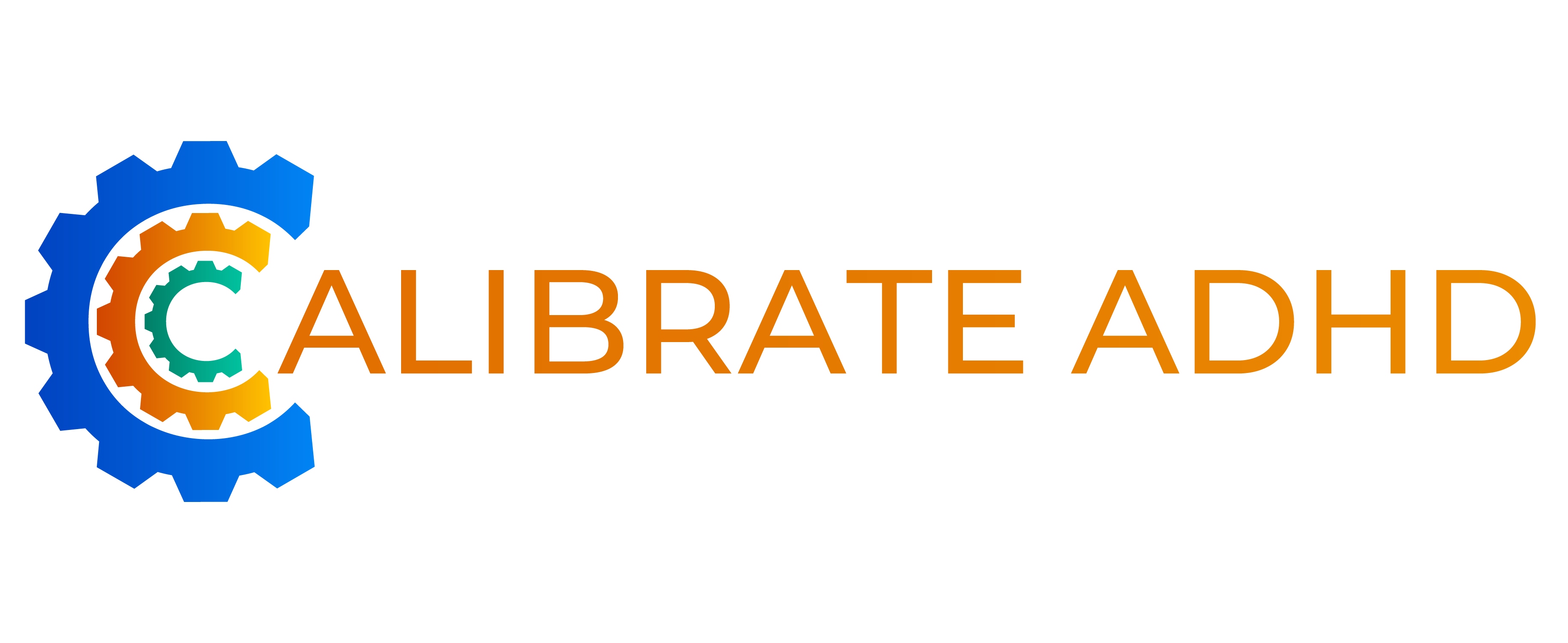For decades, ADHD has been painted with a single brush, usually in bold, boyish strokes: hyperactivity, impulsivity, bouncing-off-the-walls chaos. But for many women, the ADHD experience is more like a whisper than a shout. That whisper has gone unheard for far too long, often leading to misunderstanding and missed diagnoses.
A groundbreaking item-level systematic review of the presentation of ADHD in females (2025) is finally giving voice to what so many women already know deep in their bones: ADHD in females is real, it’s different, and it deserves better recognition. This comprehensive study reviews sex differences in ADHD symptoms, examining how ADHD presents differently in females vs. males, or even females without ADHD.
? [Read the full study here] to delve deeper into the research validating these crucial differences.
The Hidden Faces of ADHD: What the Research Reveals
Hyperactivity Isn’t Always Loud
Not all hyperactivity looks like a kid running laps around the couch. For women, it’s often an internal storm: racing thoughts, emotional whiplash, the need to do all the things but feeling paralyzed by overwhelm. This overt hyperactivity manifests less frequently in females, which means traditional ADHD checklists are often missing the mark, leading to a lack of appropriate support for those experiencing these less visible struggles.

Misdiagnosis and Underdiagnosis Are Common Detours
Because female ADHD often hides behind perfectionism, people-pleasing, and anxiety, it’s frequently mistaken for mood disorders. Many women get labeled with anxiety, depression, or “just stress.” The ADHD diagnosis often comes much later, if at all, leading to significant misdiagnosis or underdiagnosis.
Hormones Aren’t Just a Footnote

Estrogen plays a significant role in modulating brain function related to ADHD. When its levels fluctuate during menstruation, pregnancy, perimenopause, or menopause, ADHD symptoms can intensify in confusing and exhausting ways. This is not anecdotal; it is neuroscience. Additional research consistently shows that these hormonal shifts can profoundly impact ADHD symptoms.
How Calibrate ADHD is Changing the Game
At Calibrate, we don’t do one-size-fits-all. We do this-is-your-brain-and-it’s-worth-understanding.
Smarter Testing
Our remote QbCheck test compares your focus and impulse control against folks of the same sex and age. Using male-centric benchmarks is old science. We’re in the era of accurate, personalized data, recognizing the value and importance of identifying the presentations of ADHD specific to sex.
Coaching That Gets the Whole You
Our ADHD coaching isn’t just symptom management. It’s story integration. Whether you’re:
- A newly diagnosed 20-something who masked your way through school
- Or midlife and untangling perimenopause from executive dysfunction
We help you build practical tools, emotional resilience, and a tether to your actual goals, not just your to-do list. We understand differences based on many things, including sex, can impact all aspects of coaching, including identifying what tethers and strategies work best for different people based on their individual presentations of ADHD and their lived experience, background, and sex. In our program, we pride ourselves on coaching people on a custom and individualized basis for their unique ADHD.
What This Means for You
This study doesn’t just validate science. It validates you, your lived experience, your confusion, and your “aha” moments. It reminds us that individualized care isn’t optional. It’s essential.
So here’s your permission slip:
You’re not behind. You’re not broken. You’re not imagining it.
You’re finally being seen.
And support? It’s right here, with your name on it.
? Learn more about our ADHD testing process
? Explore our coaching program
? Join our free weekly preview call every Wednesday at 3:30pm ET on Discord
Leave a Reply
You must be logged in to post a comment.
